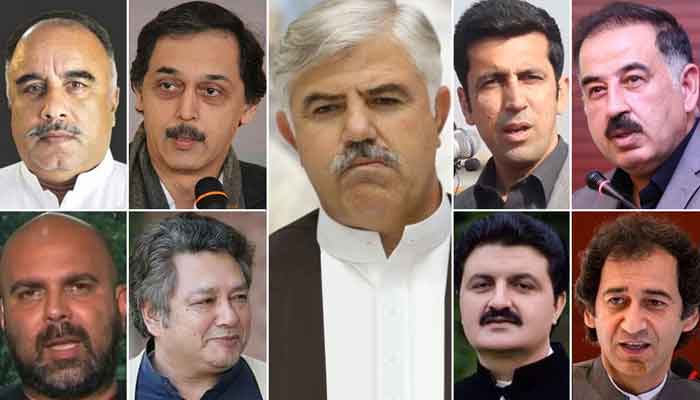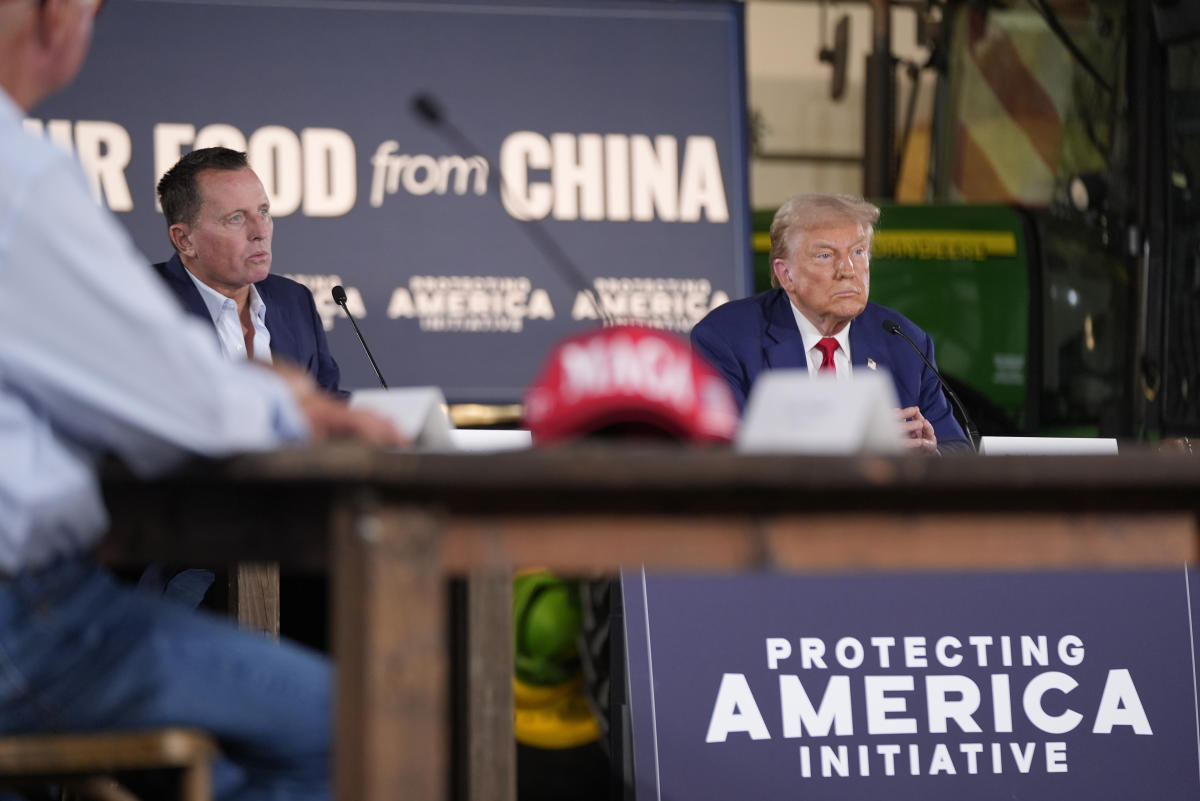For over a decade, Khyber Pakhtunkhwa () has been governed by the Pakistan Tehreek-e-Insaf (PTI), yet the province continues to grapple with a myriad of challenges. Despite promises of a brighter future, the PTI’s tenure has been marred by allegations of mismanagement, corruption, and a deteriorating security situation.

One of the most pressing issues facing KPK is the growing lawlessness. Recent incidents, such as the IED attack on a police van in Malam Jabba, highlight the increasing threat posed by militant groups. The provincial government’s response to these threats has been criticized for its lack of effectiveness, with many accusing authorities of failing to address the root causes of the violence. Beyond security concerns, KPK is also plagued by a host of other problems. Corruption is rampant, with allegations of graft and embezzlement surfacing in various government departments. The education sector, once a source of pride for the province, is now facing a crisis. Schools and universities are underfunded, and many teachers are poorly trained. The health sector is also in a state of disrepair, with patients struggling to access basic healthcare services.

The PTI government has been accused of prioritizing its own political agenda over the needs of the people. While the party has focused on holding rallies and campaigning for elections, the province’s development and welfare have taken a backseat. This neglect has led to widespread discontent and frustration among the population. It is imperative that the provincial government take immediate steps to address these pressing issues. This includes strengthening law enforcement agencies, cracking down on corruption, and investing in education and healthcare. Additionally, the government must prioritize the needs of the people and focus on delivering tangible results.
The future of KPK hangs in the balance. If the current government fails to turn things around, the province risks further instability and decline. It is time for the PTI to take responsibility for its actions and implement meaningful reforms.



